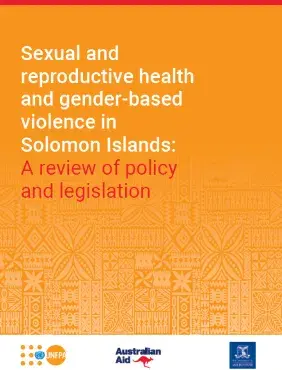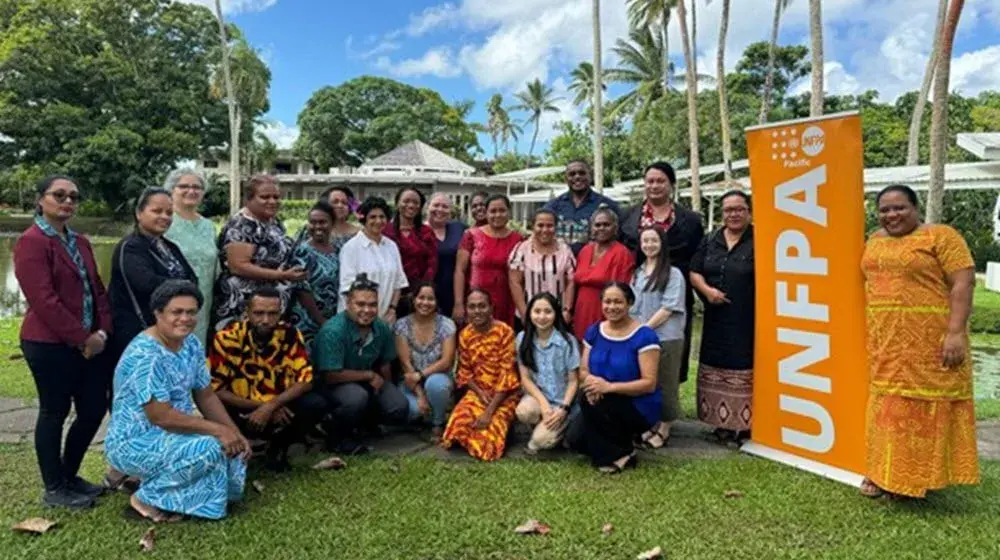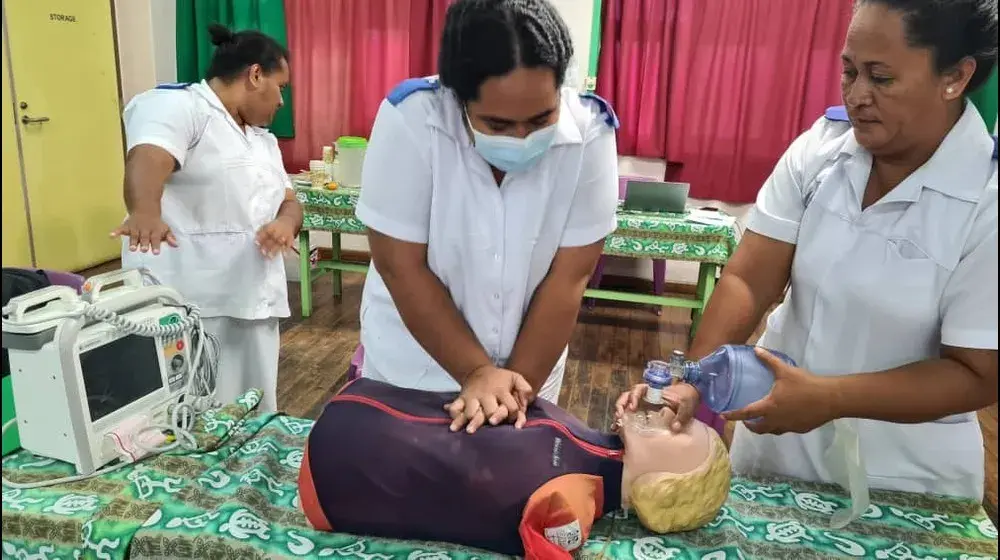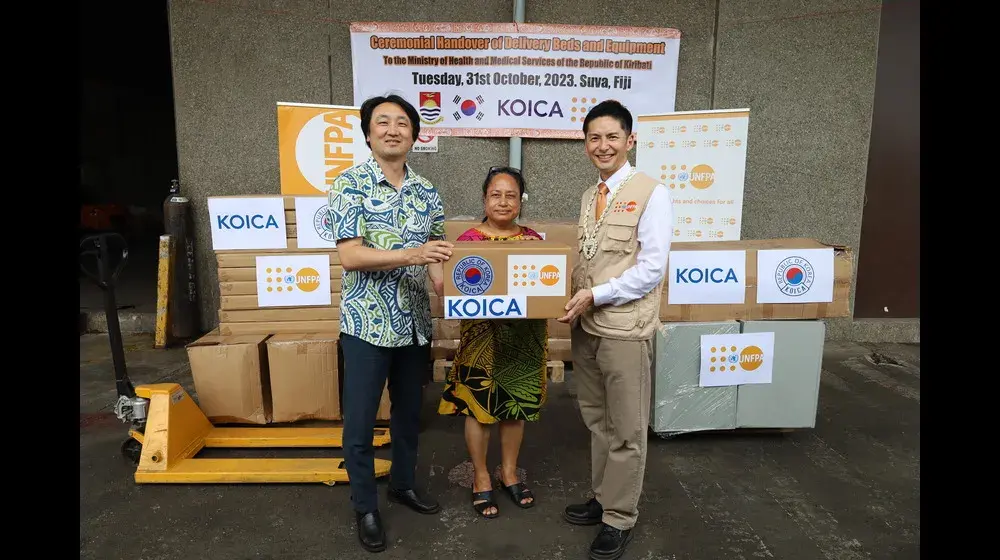In 2015, the United Nations set an ambitious agenda of Sustainable Development Goals (SDGs) to address poverty, injustice, and environmental destruction. Through the SDGs, nations committed to gender equality and health and notably established universal access to sexual and reproductive health and rights (SRHR) as a global target. Additionally, and relatedly, the SDGs include a specific target to ‘eliminate all forms of violence against women and girls in public and private spheres, including trafficking and sexual and other types of exploitation’ (UN General Assembly, 2015). While laws and policies alone cannot achieve these targets, scholars and practitioners agree that an enabling legal and policy environment continues to play an important role in advancing SRHR and eliminating gender-based violence (GBV).
Review of the policy and legal landscape for realising SRHR and preventing and responding to GBV is a high priority for the Pacific region. Governments in the Pacific have committed to international and regional strategies to address SRHR and GBV, but there is a need to analyse existing national legislative and regulatory frameworks to identify the ways policy and legislation may work to support SRHR and prevent GBV, or conversely may undermine appropriate services and responses. For instance, many Pacific countries have plural legal systems that draw upon multiple sources of law, which may lead to conflict between statutory and customary law. This can particularly impact policies and laws related to SRHR and GBV (McGovern et al. 2019; Garcia-Moreno et al. 2015). Consequently, UNFPA Pacific commissioned a review of sexual and reproductive health (SRH) and GBV related legislation and policy in six Pacific countries – Fiji, Kiribati, Samoa, Solomon Islands, Tonga and Vanuatu. This report summarises findings from the review undertaken for the Solomon Islands and offers key legislative and policy recommendations to help promote SRHR and reduce GBV in the Solomon Islands.





